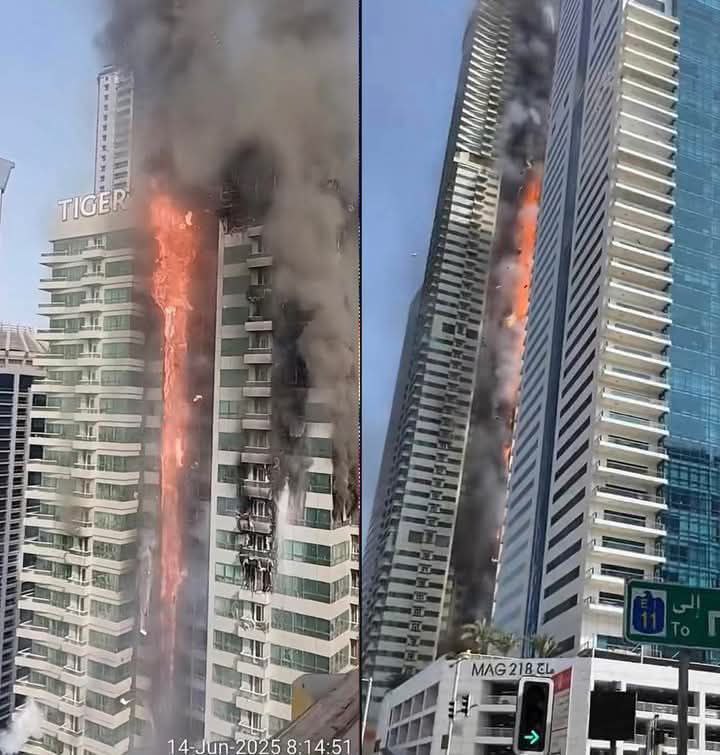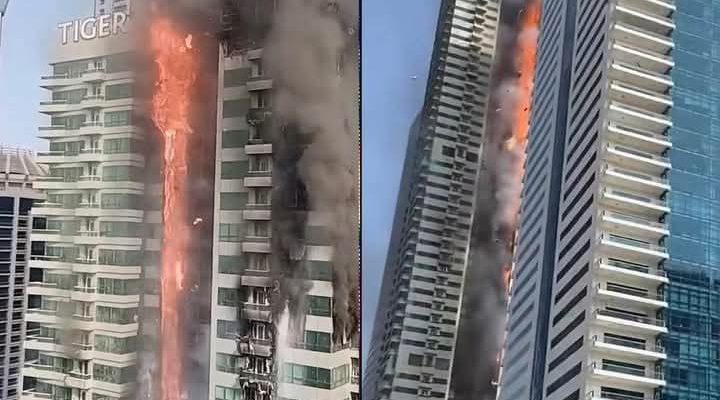Video minutes ago | lsraeI under attack…See more

Here’s the latest.
President Trump said on Thursday that he would decide whether the United States will attack Iran “within the next two weeks,” pivoting from recent comments that suggested an American strike might be imminent and raising the possibility of revived negotiations on the future of Iran’s nuclear program.
In a statement released by the White House announcing Mr. Trump’s new timeline, he said that “there’s a substantial chance of negotiations that may or may not take place with Iran in the near future.”
For days, Mr. Trump had mused publicly about the possibility of ordering American forces to bomb Iranian nuclear sites, while insisting that it was not too late for talks. With his comments on Thursday, he appeared to opt for some breathing room that could bring him a host of new diplomatic, military and covert options.
Assuming he makes full use of the full two weeks, Mr. Trump will have time to determine whether a week of relentless bombing and killing by Israeli forces have leaders in Tehran rethinking their position on nuclear talks. Iran pulled out of talks with American officials about a nuclear deal after Israel began its attacks last Friday.
As the war entered its seventh day early on Friday in the Middle East, the Israeli military launched another wave of strikes against sites in northern provinces far from Tehran, suggesting a geographical expansion of its targets.
Later on Friday, European nations, largely sidelined since the start of the war, will hold talks with Iranian representatives in Geneva, where they are expected to urge the Iranians to return to negotiations.
David Lammy, Britain’s foreign secretary, who will attend the meeting, said in a statement that the situation with Iran remained “perilous” but that “a window now exists within the next two weeks to achieve a diplomatic solution.” His comments came after he met at the White House with Secretary of State Marco Rubio and Steve Witkoff, Mr. Trump’s special envoy for the Middle East.
Prime Minister Benjamin Netanyahu of Israel said on Thursday that his country has the capability to achieve all of its goals alone when it comes to Iran’s nuclear facilities. And while Mr. Netanyahu said American pilots had taken an active role in defending Israel from drone attacks, it remains up to Mr. Trump to choose if he wants U.S. forces to join in attacks on Iran itself.
Here’s what else to know:
-
New attacks: Iran’s state broadcaster reported that Israeli strikes had targeted an industrial complex in the Sefid-Rud area in the northern provinces along the coast of the Caspian Sea. There were also large explosions in the city of Rasht in the north and in the Lavizan countryside, north of Tehran, suggesting a geographical expansion of Israel’s targets.
-
Iran’s plan: U.S. intelligence agencies continue to believe that Iran has yet to decide whether to make a nuclear bomb even though it has developed a large stockpile of enriched uranium, but officials said Iranian leaders were likely to shift toward producing a bomb if the American military attacked the Iranian uranium enrichment site Fordo or if Israel killed Iran’s supreme leader. Read more ›
-
Cluster munitions: The Israeli military said Iran launched a missile with a cluster munition warhead at a populated area in central Israel — the first report of that type of weapon being used in this war. Read more ›
-
Hospital strike: The Soroka Medical Center in the southern Israeli city of Beersheba was hit by an Iranian missile on Thursday. The hospital said that the building had been largely evacuated in recent days, and that it was treating several patients with minor injuries. Iran said it was targeting nearby military installations when the hospital was hit. Read more ›
-
Missile interceptors: Israel has a world-leading missile interception system, but as the war drags on, Israel is firing interceptors faster than it can produce them. That has raised questions within the Israeli security establishment about whether the country will run low on air defense missiles before Iran uses up its ballistic arsenal, according to eight current and former officials.
